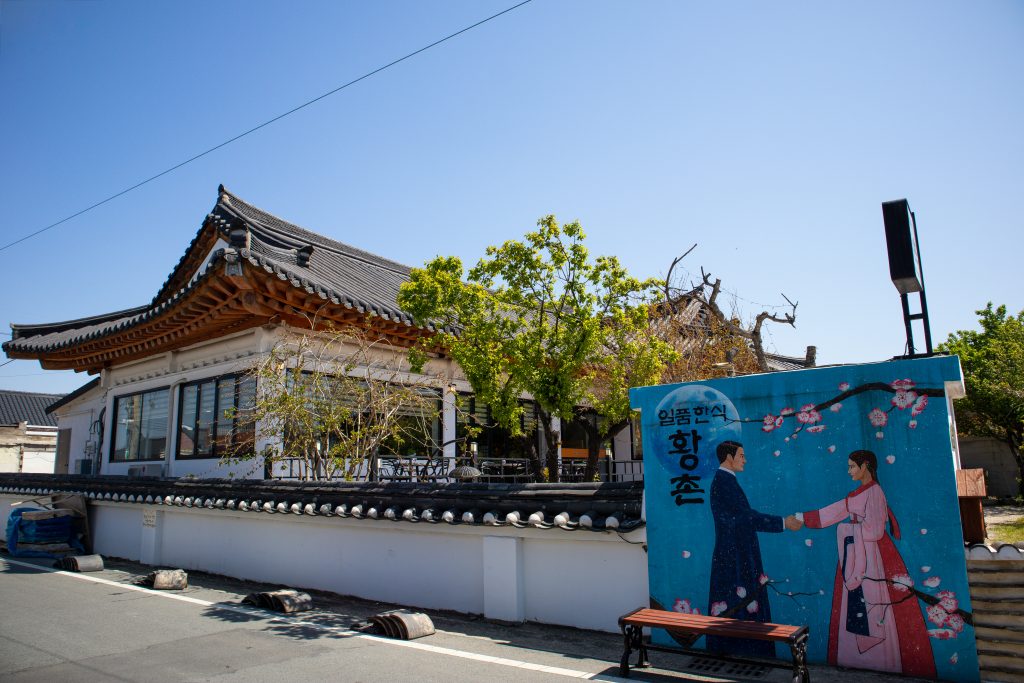Original Post:
Location:
Tags :

This post covers what you need to know about jobs in Korea for foreigners.
It includes:
- How to find your first job
- The pros and cons of working in Korea
I got my first job in South Korea in 2006 and worked at a variety of companies. Here's what I learned from my experience.
Let's dive right in!
How to Get your First Job in South Korea as an Expat
Step 1. Make sure you have the right qualifications
To qualify for a basic work visa, you need:
- Passport
- Bachelor's Degree
- Clean criminal record
- Health screening
Step 2. Find the right job online
Decide which city you want to live in and what kind of work you want to do.
Check the company's reputation online. You can check some private English academies through Dave's ESL Cafe.
Step 3. Apply
Send all required documents including:
- Resume
- Picture
Be prepared to do a phone or video interview.
If you get the job, ask to see pictures of your housing.
Step 4. Get packed
Make sure to bring:
- Warm winter clothes
- Prescription medication in bulk
- Vitamins and pain relievers in bulk
- Melanin for light sleepers
- Unlocked phone
- Your favorite spices
- Power converter if you're not coming from the EU (they use 220 volt plug C and F)

My experience working in South Korea
I worked in Seoul and Gyeonggi-do for 10 years, and started a business I've been running since 2013. I only had to apply for one job during that period (I've spent more time helping others find work). It was actually a position I found on monster.com in 2006, before leaving the states. Even though I didn't have much work experience, there were many options.
I found the best opportunities through networking.
While living in Korea, I found work as an actor, model, marketer, salesperson, translator, lecturer, and interviewer. I gave private English lessons to celebrities, CEOs, and high-ranking government officials. I even worked at a Stewardess Academy, a concept that doesn't exist in most countries.
Working in Korea provided me with a wealth of experience and a new perspective. I also learned the language and traveled all over the region.
It even helped me start a business, which I wouldn’t have done back home.
I highly recommend it for recent college graduates or anyone looking to make a change in their life.
What are the benefits of working in Korea?
There are many benefits to working in Korea.
With its natural beauty, ultra-modern cities and vibrant expat community, Korea is a great place to relocate.
There are many opportunities for English-speakers that you won't find at home.
It’s fun to live in Korea, especially in your twenties. There are enough neighborhoods with bars, clubs and restaurants to keep you busy for a decade.
In Fact:
You can have a high-standard of living in South Korea. Even for entry-level private academy jobs, the base salary is around 2 million KRW ($1,800) along with housing and insurance. This is enough to live comfortably and enjoy a variety of activities.
Korea has fast and convenient online shopping.
You can even save money in the process and spend it on travel in between contracts.
South Korea has an excellent healthcare system that will cost you about 100 USD a month.
You get paid one month's salary for every year you work. This is known as 퇴직금 or severance pay.
Many jobs pay for your flight into the country and flight home after a year.
Korea has very effective disease control measures and takes pandemics seriously. Infection rates are relatively low given the dense population.
Korea has a rich and unique culture that’s fascinating to learn about.
The country has something for everyone. Whether you're into nature, history, food, or K-dramas and K-pop, you'll never get bored.
Korea has a relatively low crime rate for a developed country. It's not uncommon for people to forget their laptops or wallets at a café and come back to find them untouched.
Violent crime is also very low, even in a densely-packed city like Seoul.
Education has been a priority in Korea for hundreds of years. Families can send their children to a range of international schools.
Korea has top universities as well. There are also ways to get your master’s degree for free at universities like Yonsei.
Seoul attracts expats from all over the world, so you’ll interact with a diverse group of people.
You won’t need a car in Seoul and most parts of the country.
Korea has a network of buses and a modern subway that can be accessed with one transportation card.
Since a round trip on public transport costs around 2 dollars, your transportation budget can be $50-100 dollars a month.
Expats can start a business once they have the right visa.
What are the drawbacks to working in Korea?
Life in Korea comes with many emotional peaks and valleys. There are times when it's the best place in the world, and times when you wish you were elsewhere. It's definitely not for the faint of heart. But, you'll never know until you try.
Working hours can be long and you're somewhat expected to stay longer (You can get away not doing this, but Koreans are pressured to stay until the boss leaves and sometimes even attend after-work gatherings).
Harmony and relationships are often more important that merit and results. This is a positive for some.
Politics might be part of your job description whether you like it or not. (Having Noonchi or intuition helps!)
Traffic can be an issue during commuting times in Seoul and even Busan. It’s often quicker to take the subway. Make sure to check how far your place is from work.
Check out Lingua Asia for more helpful tips on living in Korea. Find out more below:
Moving to Korea | Where to Live | Expat life in Korea | Haggling in Korea | Korean female models | Korean labor rights


Recent comments